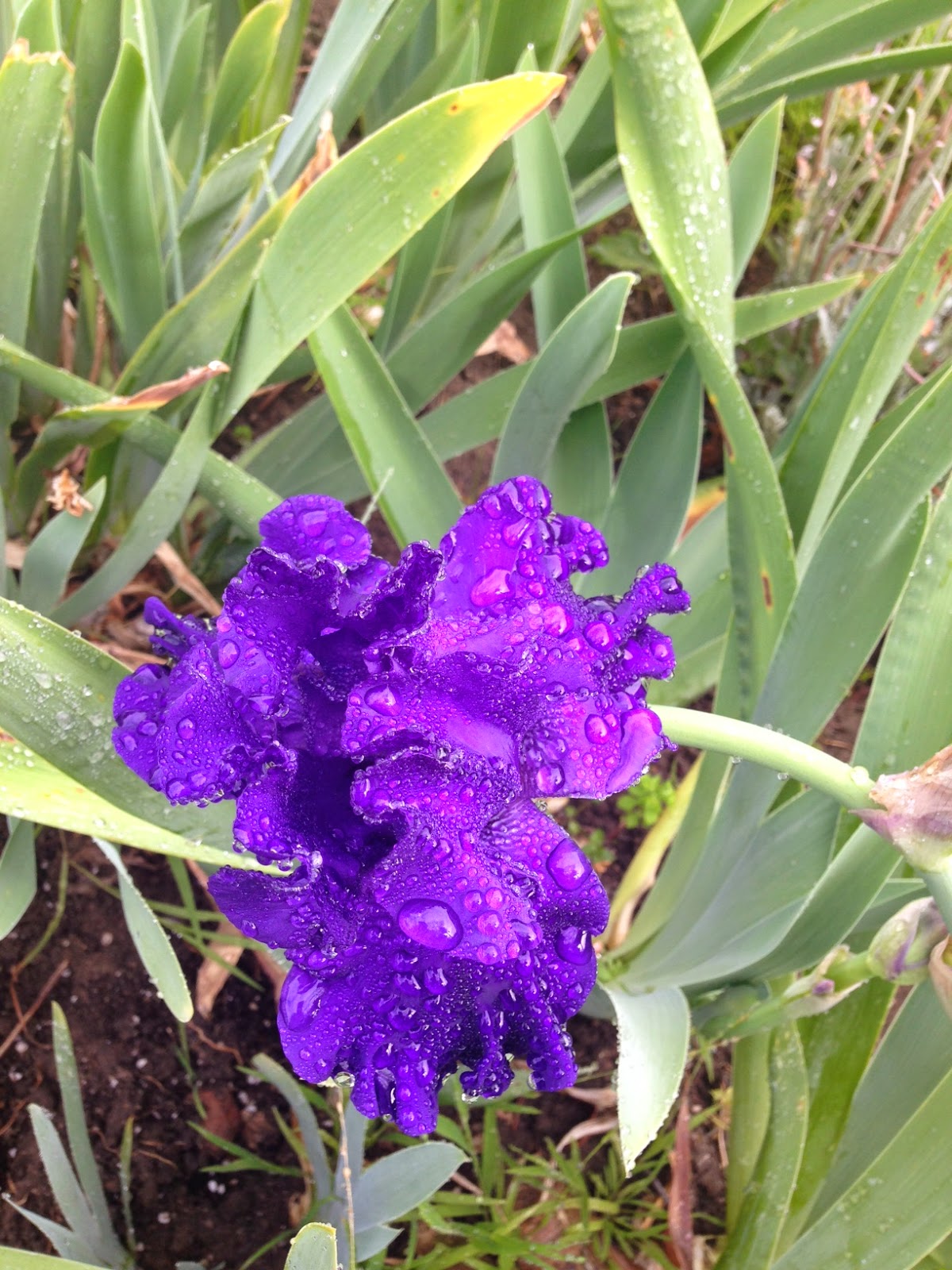Wilderness is not an extravagance or a luxury, it is a place of original memory where we can witness and reflect on how the world is held together by natural laws.
--Terry Tempest Williams
Nature writers discover themselves during the exploration of their relationships to the natural world. Nature writing requires awareness and observation of interconnections. Often founded in science, the focus always returns to the writer's personal observations.
The writer's challenge involves bringing the reader into that world. Nature writing evokes all the senses and delves into the possibilities regardless of the tragedies in the world. This writing puts hope, faith and possibility into concrete words and imagery.
For writers the unknown territory always looms. The idea or the story lurk somewhere in the desert, on the prairie, high on a mountain, or in the backyard of the mind.
How do individuals move into those areas of wildness and live at the edges of the mysterious?
Where do writers learn to extend the boundaries of the self?
Creativity and the resulting writing require the permission to be lost. In A Field Guide to Getting Lost, Rebecca Solnit explains, "One does not get lost but loses oneself, with the implication that it is a conscious choice, chosen surrender, a psychic state achievable through geography." She continues, "That thing the nature of which is totally unknown is usually what you need to find, and finding it is a matter of getting lost."
Awareness achieves results.
Annie Dillard advises - keep your "shutter" open.
Ask nature a question and write about it.





No comments:
Post a Comment